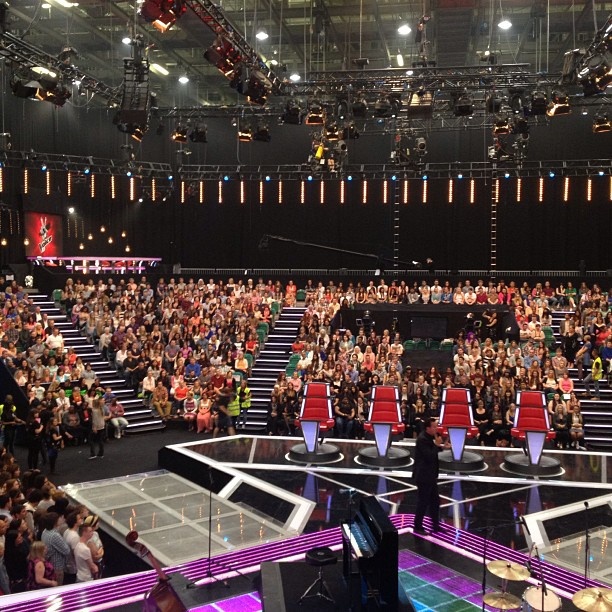From love triangles in tropical villas to cutthroat kitchen battles and celebrity meltdowns—reality TV is everywhere. But what is it about these unscripted dramas that keep us glued to the screen?
In this blog, we explore the psychological reasons why people watch reality TV, revealing how these shows tap into human nature, emotions, and even our brains’ reward systems.
🧠 1. Relatability: Watching People Like Us
Unlike scripted movies or shows with superheroes and fantasy, reality TV presents “real” people. They make mistakes, laugh awkwardly, and cry ugly tears—just like the rest of us.
- Viewers often identify with contestants’ struggles, dreams, and insecurities.
- Shows like Bigg Boss or Survivor present everyday people placed in extreme situations, giving us a “what would I do?” feeling.
Psychology Insight:
This taps into the concept of parasocial relationships, where viewers feel emotionally connected to someone on screen, even though they’ve never met.
🎭 2. Dramatic Conflict and Emotional Rollercoasters
Humans are wired to pay attention to conflict. Reality shows serve it in generous doses—arguments, betrayals, tears, and romantic chaos.
- Love Island, The Bachelor, and Bigg Boss thrive on unpredictable emotional twists.
- Watching drama unfold lets us experience conflict without real-life consequences.
Psychology Insight:
This activates our mirror neurons, making us emotionally react to what we see as if it were happening to us.
🧂 3. Social Comparison: “At Least I’m Not Them”
Watching someone fail on a dating show or embarrass themselves in public gives viewers a sense of superiority or comfort.
- Seeing others’ flaws, mess-ups, and vulnerabilities makes us feel more “normal.”
- This boosts self-esteem through downward social comparison.
Example:
When someone is dumped on national TV or gets voted out for being annoying, we often think, “Wow, I’d never act like that.”
🧬 4. Curiosity and Voyeurism
Let’s be honest—we’re all a bit nosy.
Reality TV gives us a backstage pass into other people’s lives, bedrooms, secrets, and relationships. Whether it’s Keeping Up With the Kardashians or Too Hot to Handle, it satisfies our curiosity about how others live.
Psychology Insight:
This behavior is linked to voyeuristic tendencies, where we’re drawn to observing private moments, even if they aren’t ours.
💣 5. Escapism and Fantasy
Life can be boring or stressful. Reality shows offer a temporary escape.
- Shows like Love Is Blind or Indian Matchmaking let us fantasize about love.
- Competition shows like MasterChef or The Voice allow us to dream big.
Psychology Insight:
Escapism helps reduce anxiety and boredom by allowing the brain to focus on someone else’s journey instead of our own problems.
🎉 6. Dopamine Hits and Addictive Editing
Reality TV is expertly edited with music, cuts, cliffhangers, and slow-motion reactions. This keeps the brain engaged and craving more.
- Every dramatic elimination or plot twist releases a tiny shot of dopamine—our brain’s pleasure chemical.
- That “next episode” button? It’s designed to keep you hooked.
Fun Fact:
The unpredictability of reality TV mimics the effects of gambling—a key trait of behavioral addiction.
📱 7. Community and Social Buzz
Reality shows aren’t just watched—they’re discussed, meme’d, and debated across social media platforms.
- Fans form groups, comment live, and argue over their favorite contestants.
- Twitter, Reddit, and Instagram become extensions of the viewing experience.
Psychology Insight:
We are social creatures. Watching reality shows together gives us a sense of belonging and shared emotion.
🧩 Final Thoughts: Why People Watch Reality TV
In short, reality TV:
- Feeds our curiosity
- Connects us to emotions
- Makes us feel socially involved
- Gives us drama without consequences
- Offers comfort through familiarity
The mix of relatability and outrageousness is psychologically irresistible. So next time you’re bingeing a dating show or yelling at a contestant through your screen, just remember — your brain is loving every second of it.


